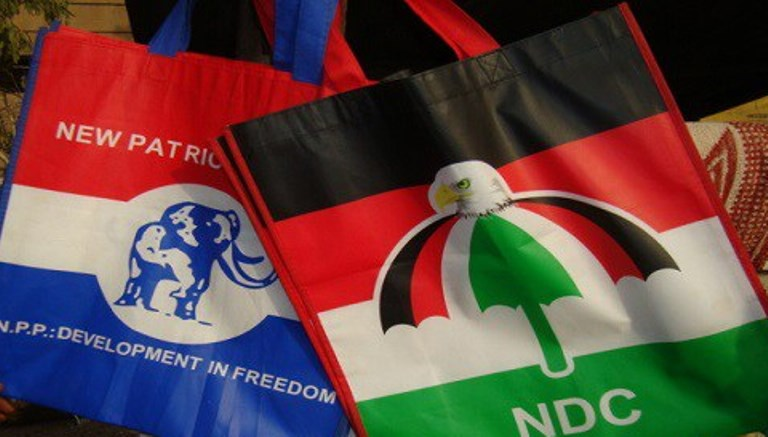
The NDC, NPP duopoly in Ghana’s multiparty democracy
The Speaker of Parliament, Alban Kingsford Sumana Bagbin, launched a year-long celebration of 30 years of parliamentary democracy in Ghana under the Fourth Republic on February 22, 2023.
Advertisement
Among the many things he said, this caught my attention – “To the fact that Ghana has had eight successful elections and four government changeovers between two major political parties. We say multiparty democracy. We don’t say a duopoly. And so, we have to look at how come we have gone down from a multiparty to a duopoly. We have to look at it.”
He echoed a sentiment expressed several times by some using phrases such as “we are stuck with National Democratic Congress (NDC) and New Patriotic Party (NPP)”, “we need a third force”, and “NDC and “NPP are the same”, etc.
We are stuck with the duopoly
Yes, eight elections and thirty years later, it is easy to conclude that we are “stuck” with our two main political parties, the NDC and the NPP. They have each won four of the eight presidential elections held. The NDC won in 1992, 1996, 2008, and 2016 while the NPP won in 2000, 2004, 2016, and 2020. The story of parliamentary elections, as shown in table one above, also lends support to the “we are stuck with the NDC-NPP” narrative.
The results of our elections – both presidential and parliamentary, reflect sentiments Ghanaians have expressed about political party preference and voting intentions in the Afrobarometer survey.
When asked “which particular political party do you feel close to?”, an overwhelming majority (over 90 per cent) of those who indicate a preference consistently choose the NDC and the NPP.
The survey also asks, “If presidential elections were held tomorrow, which party’s candidate would you vote for?”.
Again, as shown in table two, a strong majority (80 per cent or more) have consistently said they intend to vote for the duopoly.
Even with a noticeable gap where preference for the duopoly is higher than the intention to vote for it, our election results have demonstrated a strong vote for the duopoly – 1992 (89 per cent); 2000 round one (93 per cent); 1996, 2004, 2008 round one (97 per cent); 2012, 2016, 2020 (98 per cent).
We need a third force
I made this point weeks ago based on data from the Afrobarometer survey.
The years between 2002 and 2012 witnessed a period of strong demand for more political parties, growing by as much as 24 percentage points.
Although the demand still remains high, it decreased by nine percentage points between 2012 and 2022.
With the NDC-NPP hold on the political system very strong, I wonder if the demand for more political parties will materialise to the point where a third force can emerge as a strong viable alternative to the duopoly. I remain doubtful.
The future of the duopoly
The two main parties are surely not the same. I can point to a number of differences between them– political history, ideology, Ghanaian experiences under their governments over the course of the Fourth Republic, etc.
In fact, during Round Six (2014) when Afrobarometer asked what the main difference between the ruling party (NDC was in power then) and opposition political parties was, about 25 per cent said their economic and development policies. I must note that a close 22 per cent said there was no difference.
We are by constitutional design a multiparty democracy because we allow for the existence of many political parties.
We are, however, required by the same constitutional design, that our political parties have a national character. It takes a lot to organise, form, grow and sustain a political party.
The duopoly (NDC and NPP) has figured out how to do that extremely well.
Can the duopoly be broken?




